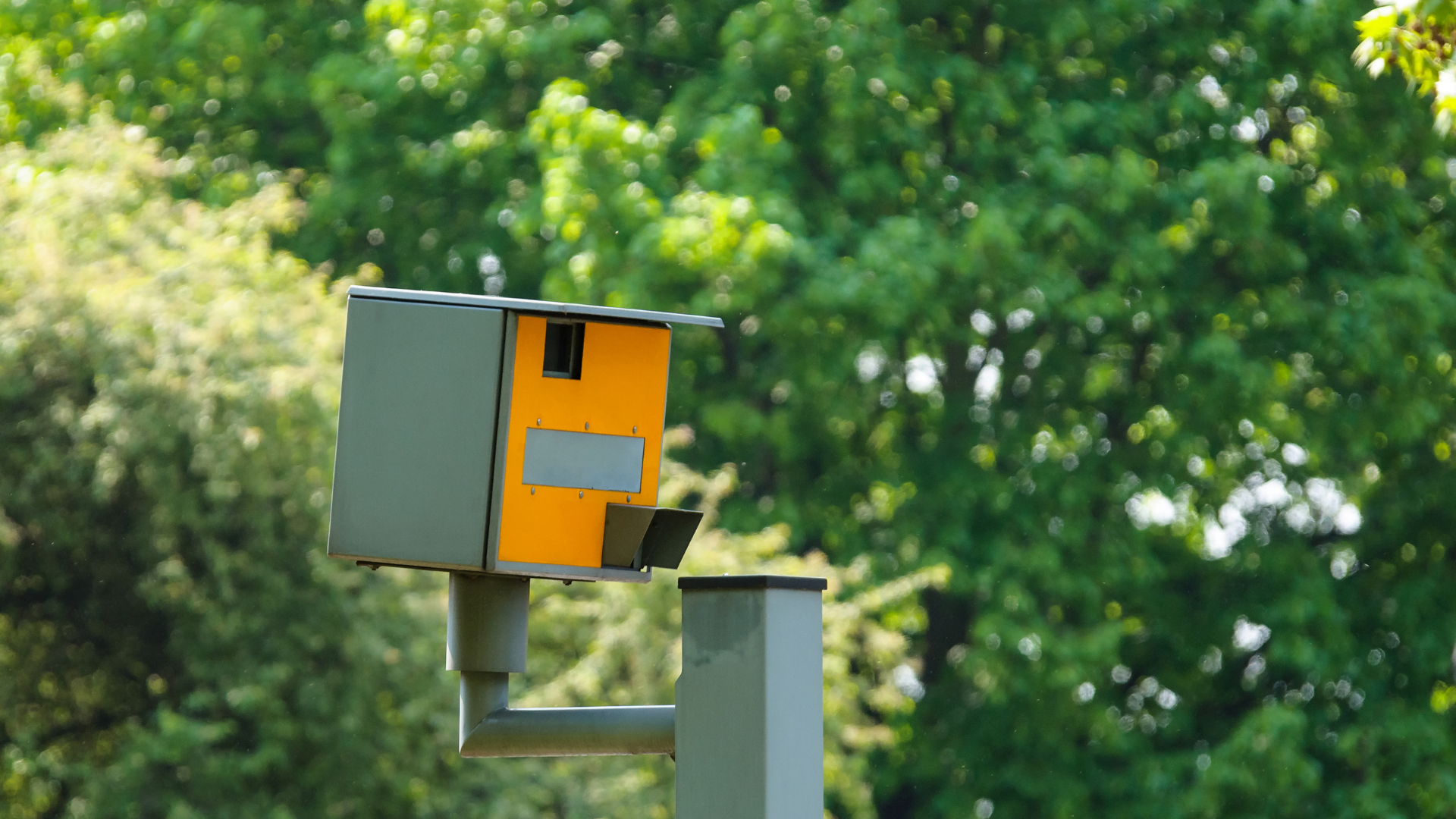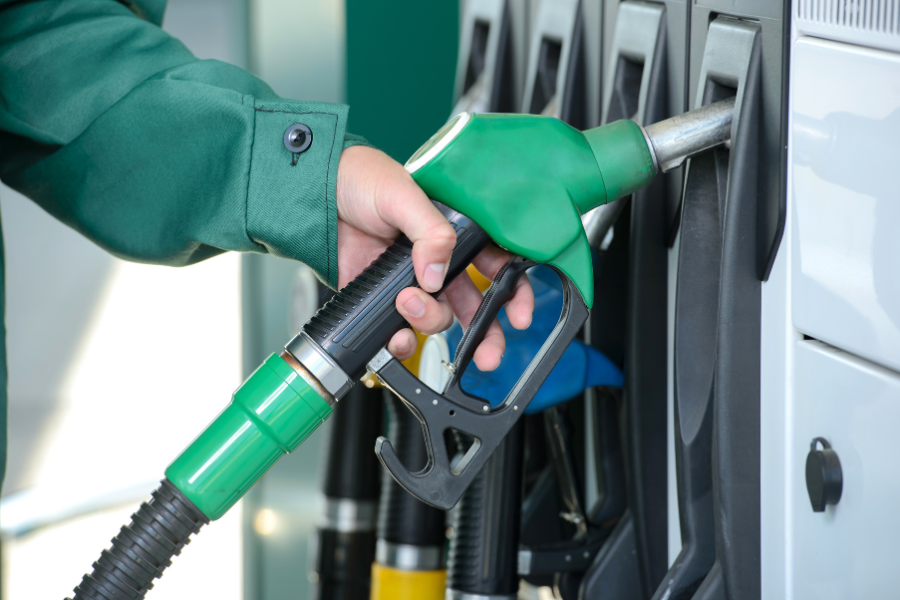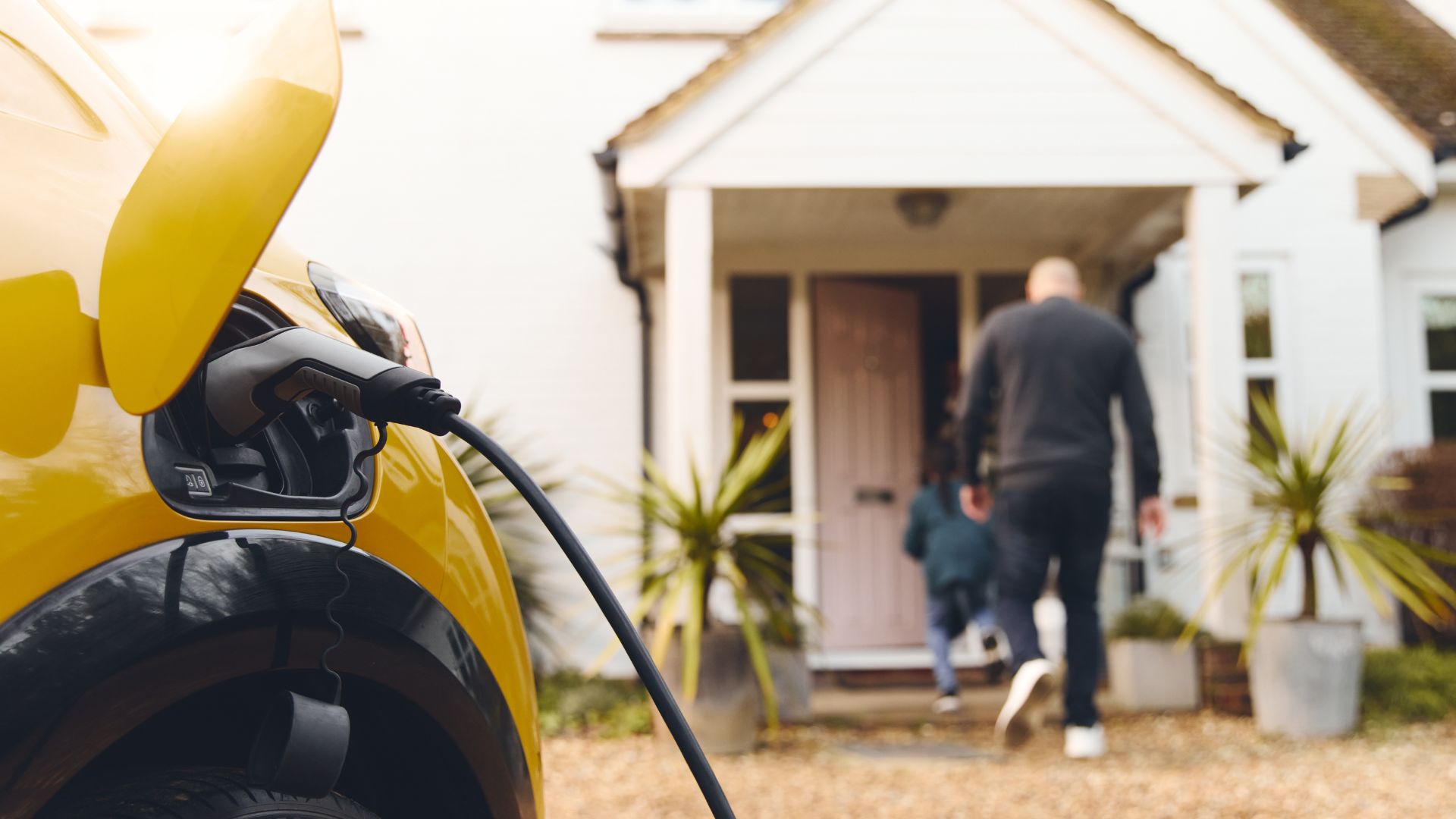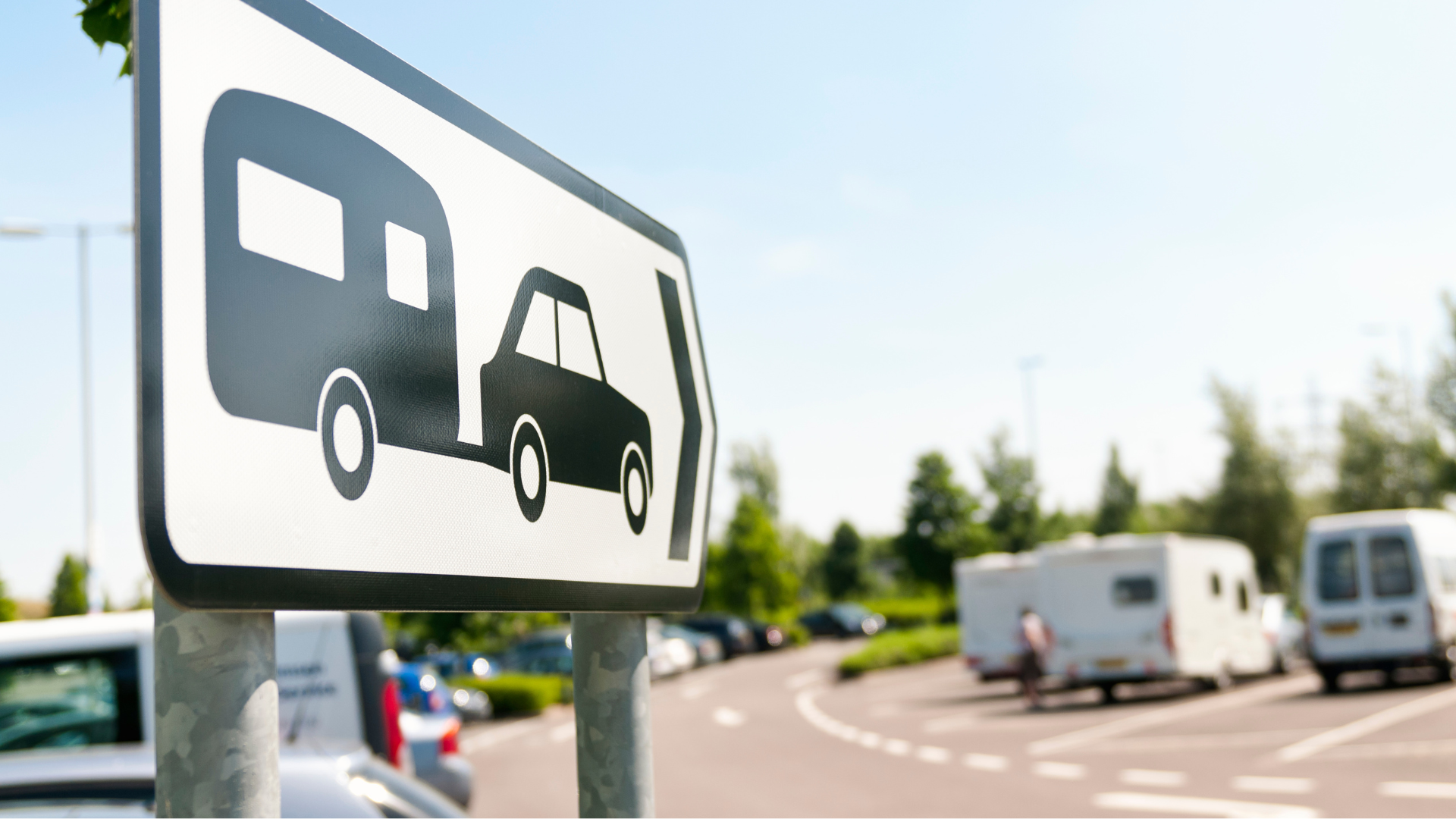
Data Shows Nearly Half of Speed Cameras are Not Working
New data has revealed that almost half of speed cameras across England and Wales are not in operation. The road safety technology company Road Angel made a freedom of information (FOI) request to analyse how many fixed-speed cameras are inactive in each region of England and Wales. The FOI request revealed that 46% of fixed-speed cameras in the areas that responded are not working. Not all of the police forces in England and Wales responded to the request.
Whilst there are only eight speed cameras in Northamptonshire, the request showed that all eight were inactive. Gwent in southeast Wales only had one active speed camera out of the 31 in the region. Six of the 13 police forces who responded to the FOI request had over half of their speed cameras standing inactive.
Derbyshire has more speed cameras out of action than any other region, with only 20 of the 113 across the county capable of catching speeding motorists. Derbyshire (113), Essex (110) and Devon & Cornwall (110) are the regions across England with the most speed cameras – each having at least 40% incapable of catching speeding drivers.

Whilst there are only eight speed cameras in Northamptonshire, the request showed that all eight were inactive. Gwent in southeast Wales only had one active speed camera out of the 31 in the region. Six of the 13 police forces who responded to the FOI request had over half of their speed cameras standing inactive.
Derbyshire has more speed cameras out of action than any other region, with only 20 of the 113 across the county capable of catching speeding motorists. Derbyshire (113), Essex (110) and Devon & Cornwall (110) are the regions across England with the most speed cameras – each having at least 40% incapable of catching speeding drivers.
Only two areas had all speed cameras working – Dyfed-Powys in Wales, and Suffolk, but these have just four devices each. The West Midlands had only 5% of their speed cameras standing inactive, with 62 out of 65 devices in operation.
Road safety experts are urging UK police forces, councils and the government to ensure speed cameras are fully operational to catch speeding motorists.
Gary Digva, founder of Road Angel, said: “It’s shocking to see how many speed cameras across the country are standing inactive and are letting speeding motorists get away with driving dangerously.
“We are urging local authorities and police forces to ensure speed cameras are fully working to catch speeding motorists who may be driving recklessly by breaking the limit. This in turn will help to reduce the number of dangerous drivers and help to keep our roads safer for everyone.
“As it stands, speeding on the road is a contributing factor for 25% of fatalities – and motorists who break the legal limit need to be penalised so they further recognise the importance of sticking to the speed limits. However, with such high numbers of inactive devices, thousands of drivers are getting away with speeding every day. The UK police force, councils and the government must take action on making sure these fixed speed cameras are fully operational.”





